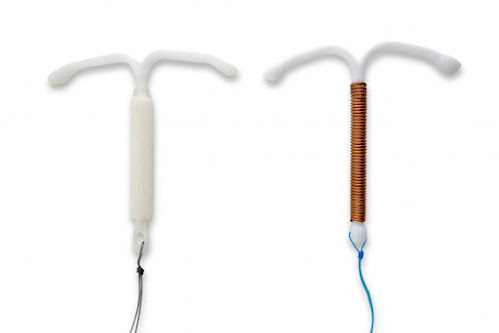Religious Perspectives on Hymenoplasty in Dubai
Hymenoplasty, commonly known as hymen repair surgery, is a procedure that reconstructs the hymen, a thin membrane at the vaginal opening. In Dubai, where religion plays a significant role in society, hymen repair surgery raises important religious considerations. This article explores the religious perspectives on hymenoplasty in Dubai, focusing on Islamic teachings and their implications for healthcare practices and patient decisions.
Islamic Teachings
In Islam, virginity is highly valued, and premarital sex is generally discouraged. While there is no explicit mention of Hymen Repair Surgery in Dubai in Islamic scriptures, some scholars argue that the procedure may be permissible under certain circumstances, such as to preserve a woman's honor or protect her from harm. However, opinions on the permissibility of hymenoplasty vary among Islamic scholars and schools of thought.
Religious Considerations
For Muslim women in Dubai considering hymen repair surgery, religious beliefs may influence their decision-making process. Some may view hymenoplasty as a way to uphold their perceived chastity and honor, while others may have reservations due to religious teachings about modesty and honesty. Healthcare providers must approach discussions about hymen repair surgery with sensitivity to religious beliefs and values and provide appropriate support and guidance to patients.
Cost
The Cost of Hymen Repair Surgery in Dubai varies depending on factors such as the surgeon's experience, the clinic's reputation, and the complexity of the procedure. On average, patients can expect to pay between AED 8,000 to AED 15,000. However, additional fees for consultations, anesthesia, and post-operative care may apply.
Ethical Dilemmas
Hymen repair surgery in Dubai raises ethical dilemmas for healthcare providers, particularly regarding patient autonomy, beneficence, and non-maleficence. Healthcare providers must balance their duty to respect patients' religious beliefs and cultural values with their obligation to provide accurate information about the risks, benefits, and alternatives of hymenoplasty. It is essential for healthcare providers to engage in open and respectful dialogue with patients and to support them in making informed decisions that align with their religious convictions.
Conclusion
Religious perspectives on hymen repair surgery in Dubai are diverse and complex, reflecting the cultural and religious diversity of the region. Healthcare providers must navigate these religious considerations with sensitivity, respect, and cultural competence, ensuring that patients receive ethical, patient-centered care that respects their religious beliefs and values. By fostering open communication and understanding, healthcare providers can support patients in making decisions about hymen repair surgery that are informed, consensual, and consistent with their religious convictions.



Comments
Post a Comment